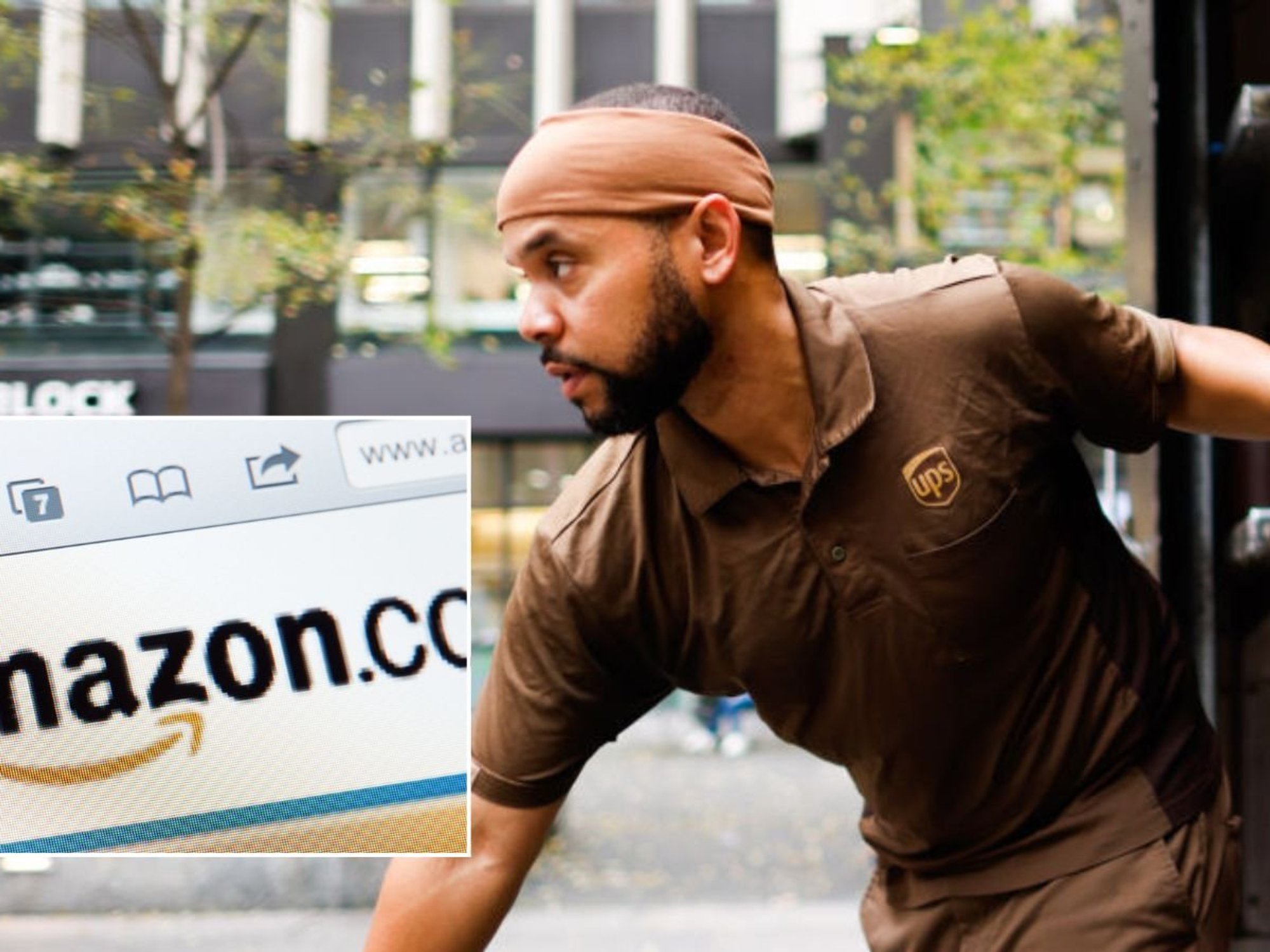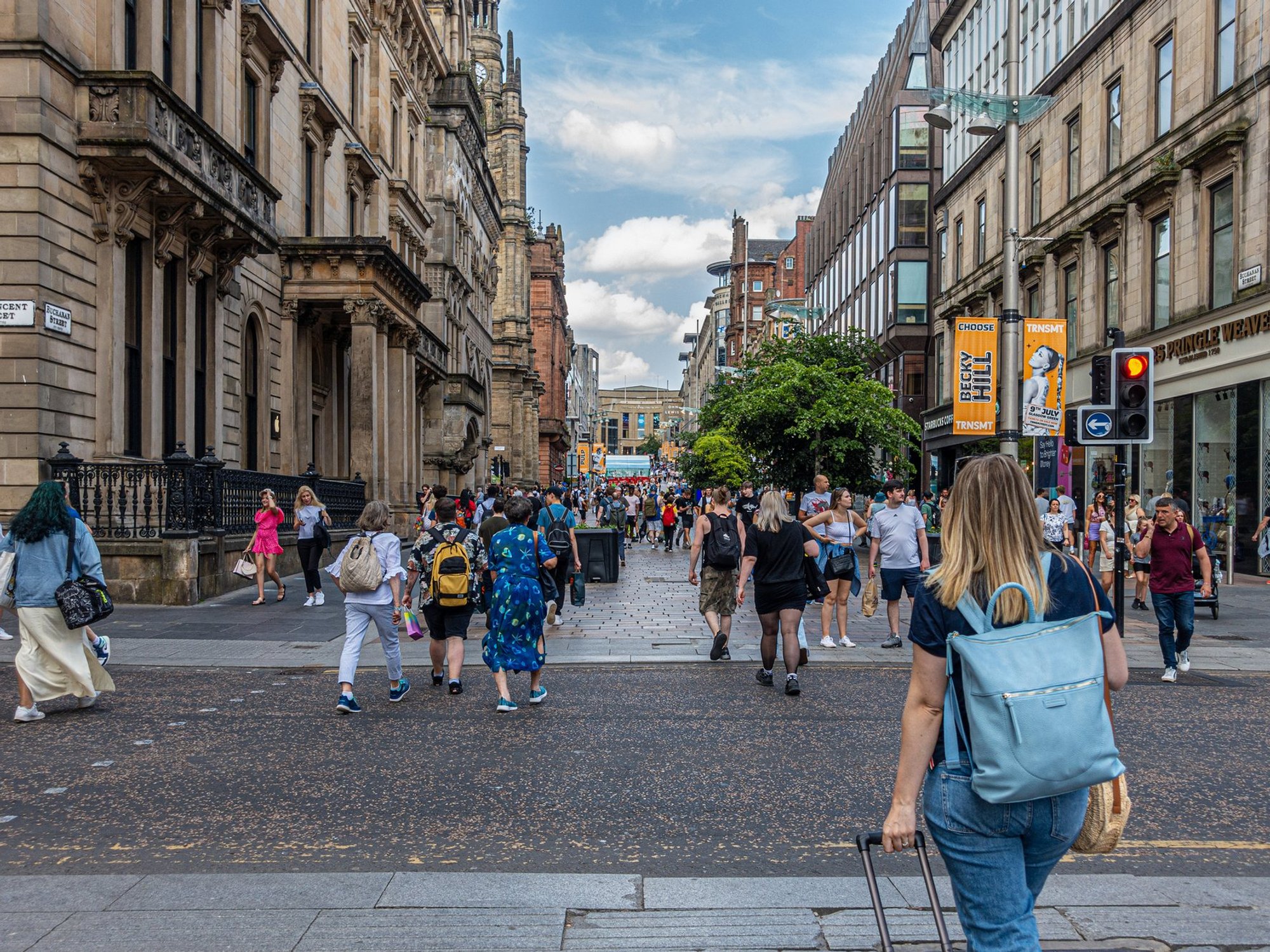TV licence fee hike fears grow as BBC boss pushes Labour for more funding after 'grinding' cuts
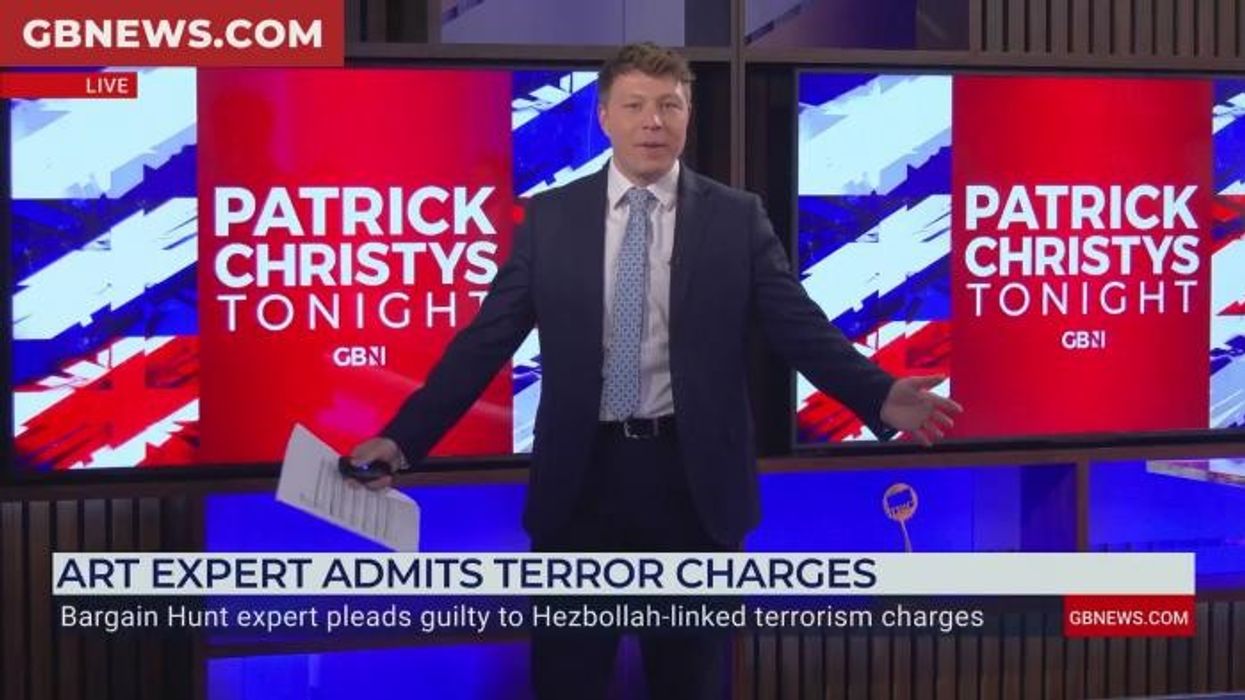
Patrick Christys hits out at the BBC as he asks: 'Is it fit for purpose?' |
GB NEWS

Britons need to pay the TV licence fee, which is used to partially fund the BBC, in order to watch live programming
Don't Miss
Most Read
Fear continue to grow over a potential hike to the television licence fee with the head of the BBC urging the Government to consider raising the levy's cost.
BBC Director General Tim Davie has called for a higher licence fee after criticising a decade of "grinding" cuts that have created a £700million funding shortfall.
Speaking at the Deloitte and Enders Media and Telecoms conference in London, Davie said he was open to reform of the fee and its enforcement but wanted more money from the public to enable investment.
"I do want universal funding and I want proper investment and not begrudging, grinding cuts to the BBC, which you've had in the last 10 years, which have just not helped," he said.
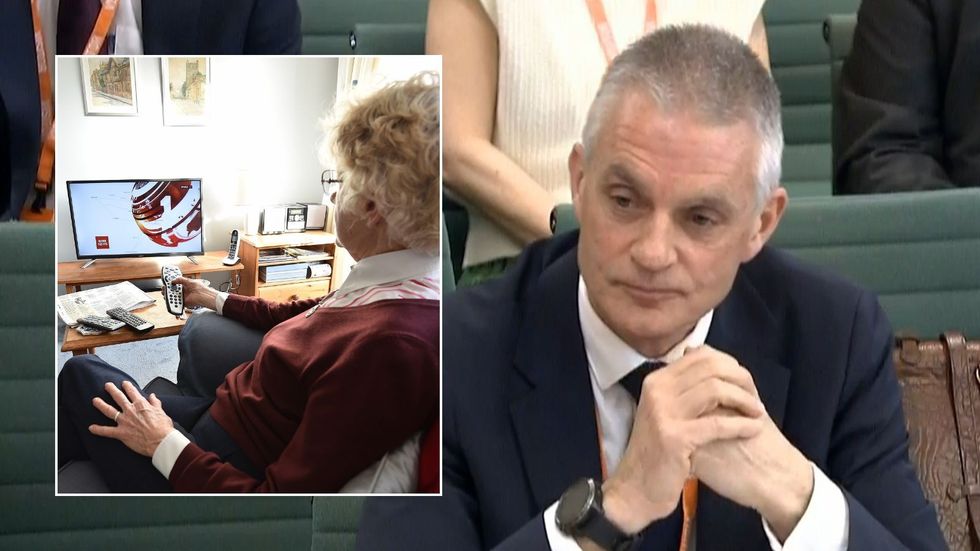
The head of the BBC is urging the Government to consider raising the cost of the TV licence fee
|GETTY / PA
British households need to pay the TV licence every year in order to watch or stream live programming, with the tax being frozen at £174.50 for colour television in recent years.
The BBC's income from the licence fee dropped by 30 per cent in real terms between 2010 and 2020 after this series of freezes and cuts to funding.
Furthermore, the BBC's declining income has been compounded by falling viewer numbers as audiences increasingly turn to rivals such as Netflix and Disney.
The number of UK households paying the licence fee dropped by roughly half a million last year, with younger viewers in particular turning their backs on the broadcaster.
Do you have a money story you’d like to share? Get in touch by emailing money@gbnews.uk.
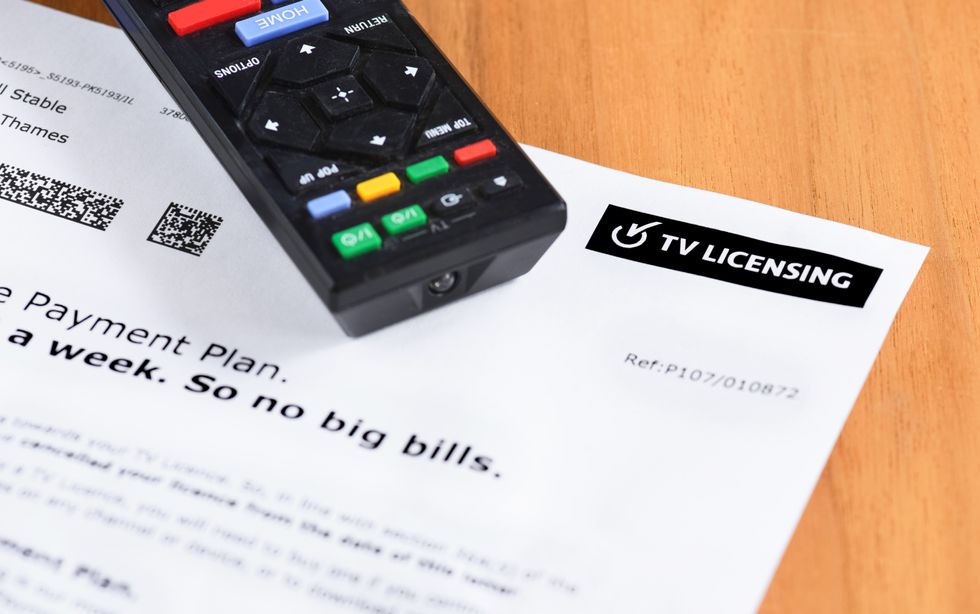
In April, the licence fee was raised from £169.50 to £174.50, based on inflation
| GettyLast year, the country's public broadcaster received around £3.7billion from the licence fee, which will see its cost rise in line with inflation until the end of the charter period in 2027.
The funding crisis at the broadcaster has fuelled calls for the licence fee to be replaced with a different system such as a subscription service.
Davie warned against "mainstream weaponisation where people don't care" about the BBC, saying the broadcaster would be wrong to "assume" that the public cared about its future and had to prove its worth to the country.
He defended the BBC by saying it was not just a vehicle for programming but also "venture capital for the UK", pointing to its ability to drive investment in cities such as Birmingham and Manchester.
The comments come as the BBC is locked in discussions with ministers over the future of the licence fee, with the upcoming settlement viewed as pivotal in deciding the broadcaster's future as it struggles to compete with new US streaming services.
Culture Secretary Lisa Nandy has previously branded the licence fee as "unenforceable" and ruled out funding the BBC through general taxation.
LATEST DEVELOPMENTS:
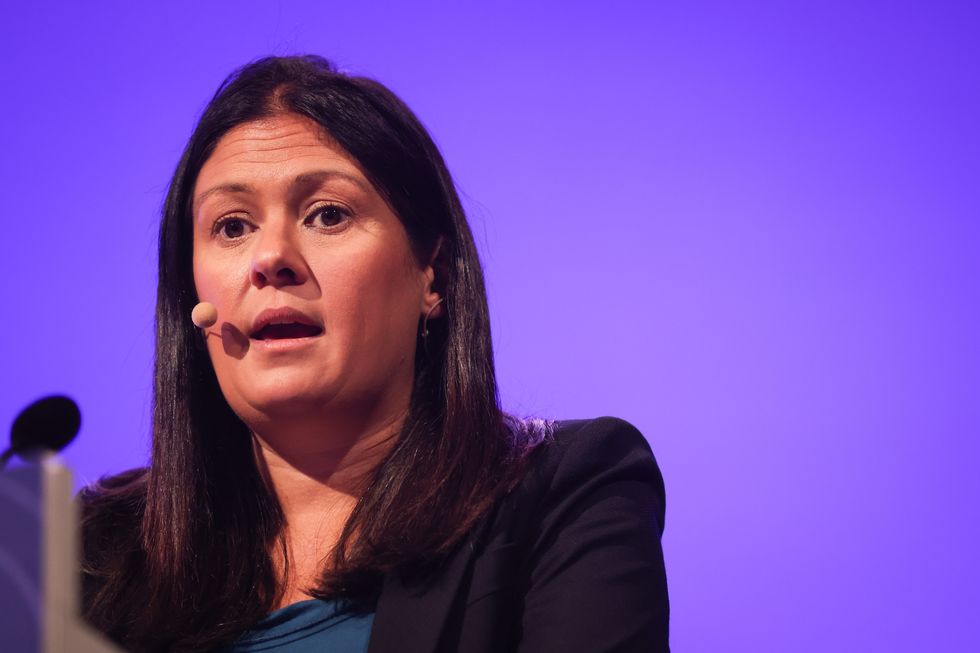
Culture Minister Lisa Nandy has ruled out finding the BBC through general taxation
| PASpeaking in London on Tuesday, Nandy said the Government wanted to "support a BBC that is empowered to continue to deliver a vital public service, funded in a sustainable way".
In January, reports circulated the Government was considering making users of other streaming services, such as Netflix, partially contribute to paying the TV licence.
John O’Connell, chief executive of the TaxPayers' Alliance, said: "Forcing streaming service users to cough up the licence fee would truly be one of the most bonkers ideas ever concocted.
"Far from modernising the BBC’s funding system, it would only further entrench the already archaic nature of the hated TV tax. Lisa Nandy should stop kicking the can down the road and move the broadcaster onto a subscription service, with some taxpayer funding for essential programming such as the World Service."
More From GB News






